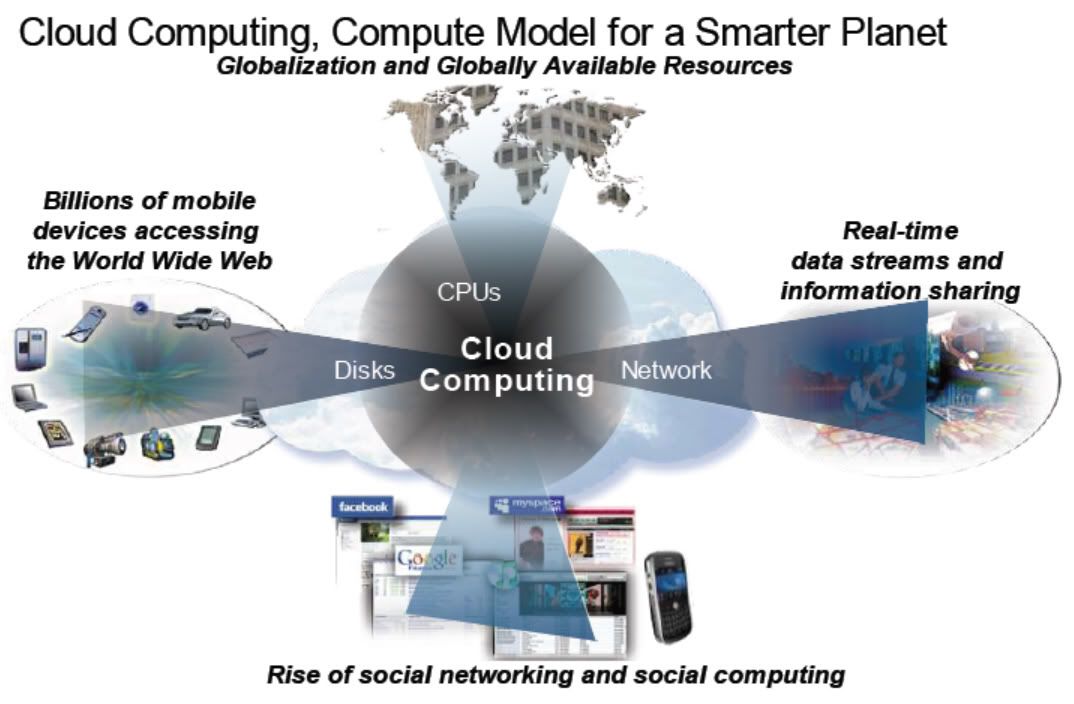Just as our roads and bridges might need a boost, according to some Democrats, so too might our digital resources. We often consider infrastructure to be just physical aspects of our society. While highways, trains, dams, and other parts of our physical infrastructure are certainly critical to our daily lives, in the 21st century, we must also consider the critical nature of broadband, digital, mobile, and cloud based infrastructure as well.
 |
| Hoover Dam |
Fast wireless and internet connections are critical to the growth and advancement of a high powered society such as the United States. Because the world is "going mobile" it is critical that the United States keep up with the rest of the pack in supplying infrastructure for this to be possible. Making sure America is at the cutting edge in cloud and mobile based technologies can promote innovation and cement the United State's status as the leading innovation hub in the world. Enhancing this infrastructure means enhanced performance and enhanced performance means growth for this nation.
Local, State, and National governments, as well as private companies, need to take the lead to make faster internet and better data centers a reality. According to an article in
Wired Magazine, approximately 19 million American's can't subscribe to high speed internet, simply because they live in areas to expensive to serve. Major companies have also had slow growth on upload speed improvements, the staple of cloud based computing.
Efficient, reliable, and rapid information transfer is critical in any economy, especially one that operates on a global scale. This issue is critical to many other problems we face in this country, namely in health, national security, business, and education.
We need high speed internet access for most people, if not everyone, in this nation. We are one of the most innovative countries in the world. We can find a way. The improvements made could help the economic production of this country enormously. The first step in creating an economy with a strong innovation backbone is to improve our digital infrastructure for the future.










